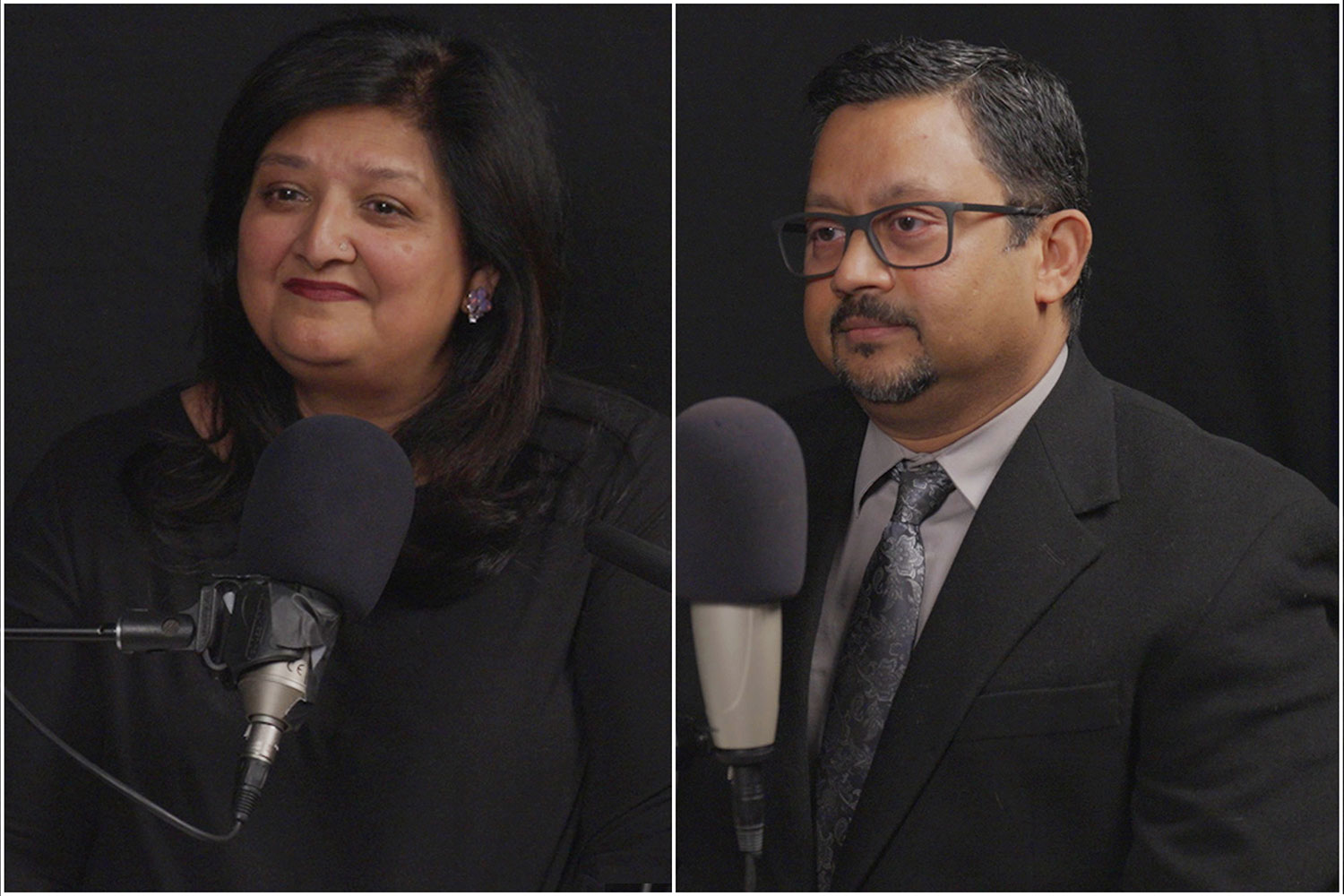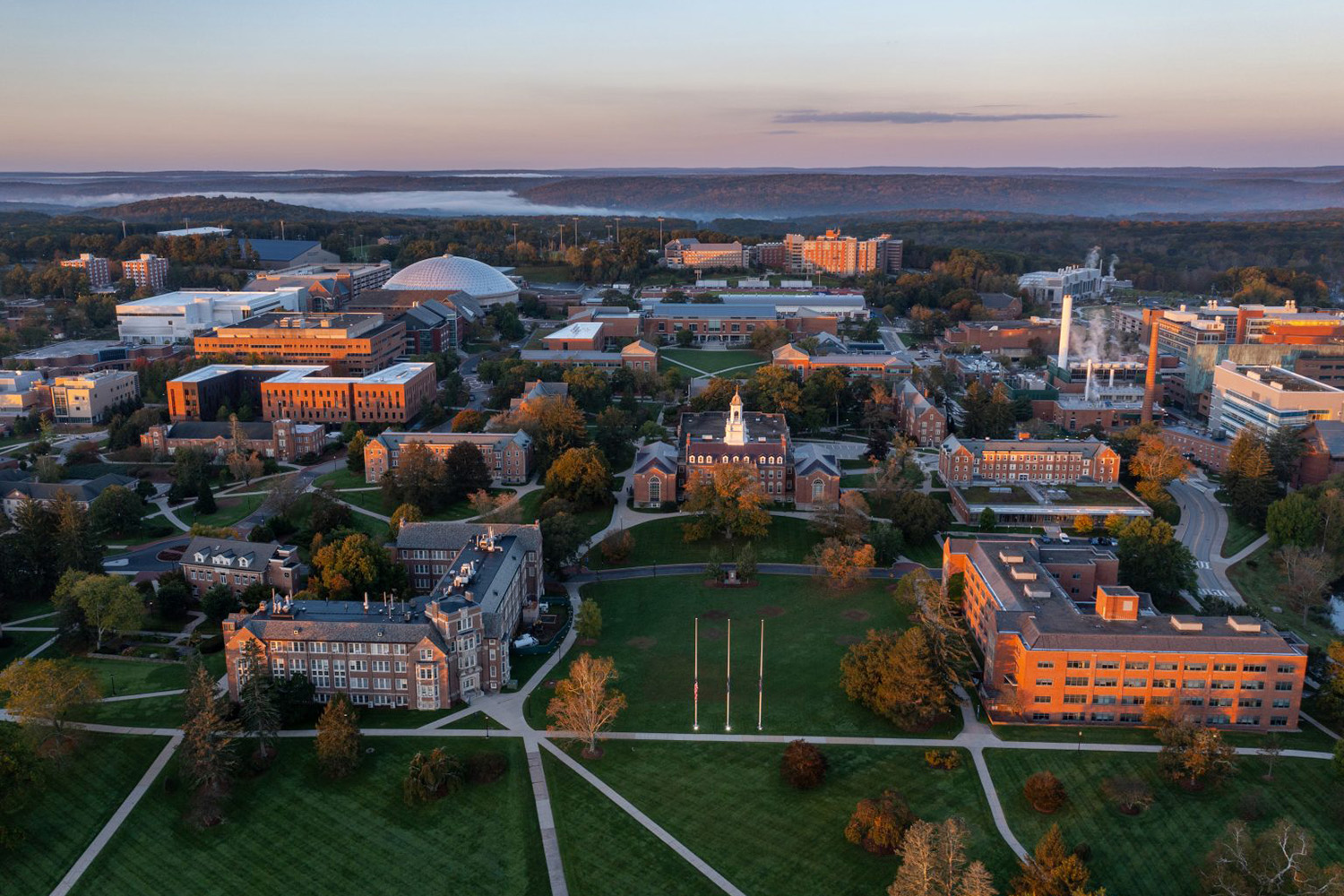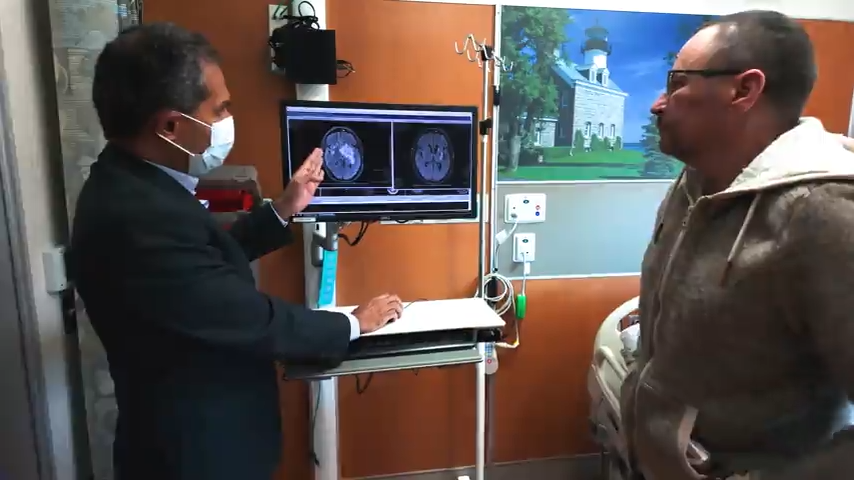
By Claire Galvin, UConn School of Engineering Manager of Communications and Digital Strategy
The UConn McNair Scholars Program identified its next cohort of scholars last month, identifying eight engineering students that are leading the way in STEM fields.
The program prepares first-generation, low-income and historically underrepresented students for M.S. and Ph.D. studies in STEM disciplines. Of the 22 selected scholars for 2022-2023 academic year, eight have ties to engineering. Those students are:
Jose Cevallos Jr: Physics/Mechanical Engineering
Thuany De Carvalho Lachos: Biomedical Engineering
Malachi Denton: Environmental Engineering; Scholars House
Malik Francis: Computer Engineering; LSAMP, Scholars House
Jason Pulla: Chemical Engineering; Upward Bound (pre-college)
Justin Ridley: Biomedical Engineering
Cesar Rodriguez: Mechanical Engineering
Manav Surti: Biomedical Engineering
The McNair Scholars Program is an intensive research and graduate school preparation program for upper-division STEM students actively pursuing careers in academia.
“On behalf of the School of Engineering, I congratulate these scholars for this well-deserved and prestigious recognition,” Dean Kazem Kazerounian said. “They make us all very proud.”
UConn School of Engineering Associate Dean for Undergraduate Education and Diversity Daniel Burkey serves as an advisor to the McNair Scholars Program.
“We look forward to supporting their development as students and scholars,” Burkey said of the engineering students. “These students will go on to become academically well-rounded and competitive candidates for graduate studies.”
Ronald McNair was a NASA astronaut and physics Ph.D.


